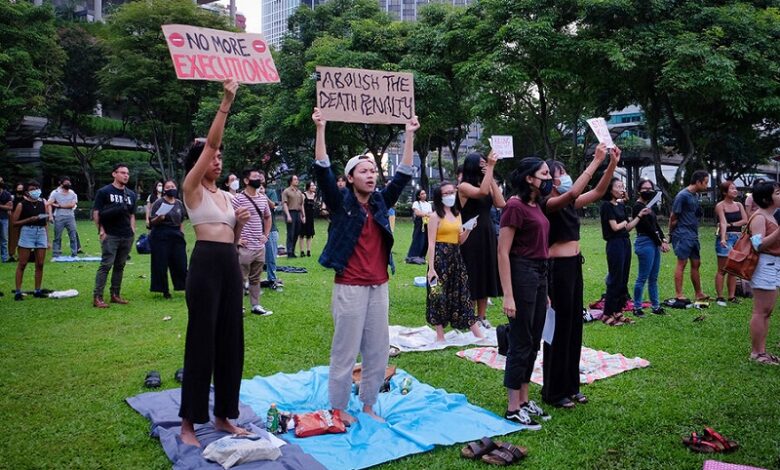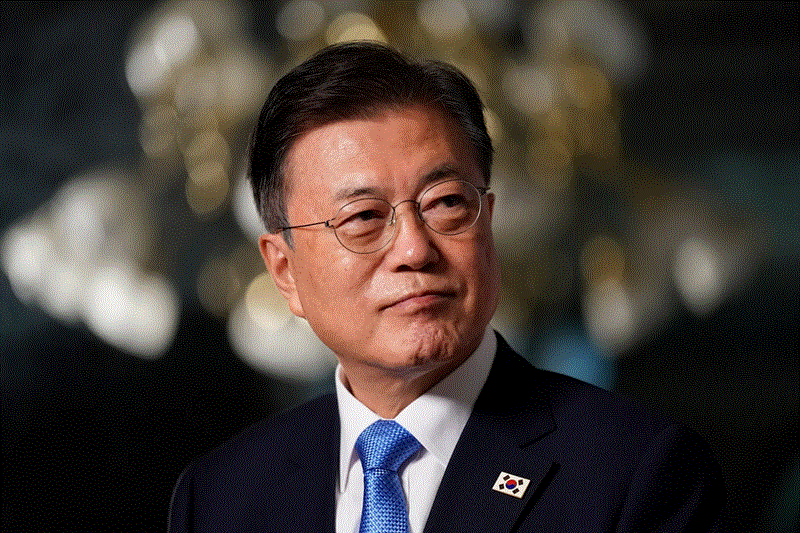Renewed Calls for an End to Capital Punishment as Singapore Executes Drug Offenders

Singapore’s recent executions of drug traffickers have sparked renewed calls for an end to capital punishment in the country. Mohammed Aziz Hussain, a 56-year-old Singaporean man, was hanged at Changi Prison on Wednesday for trafficking approximately 50 grams of heroin. Activist Kirsten Han from Transformative Justice Collective, an organization advocating for abolishing the death penalty in Singapore, confirmed the execution.
The controversial issue has gained further attention as Saridewi Djamani, a 45-year-old Singaporean woman, is scheduled to be hanged on Friday for trafficking around 30 grams of heroin. If executed, Djamani would be the first woman to face the death penalty in Singapore in 19 years, drawing criticism from human rights organizations and activists.
The International Federation of Human Rights, led by secretary-general Adilur Rahman Khan, issued a statement urging Singaporean authorities to halt the executions, emphasizing that they violate the fundamental right to life. According to Transformative Justice Collective, Amnesty International, and seven other human rights groups, Singapore has executed 15 people for drug offenses since resuming hangings in March 2022, averaging one execution per month.
Singapore imposes the mandatory death penalty on anyone, regardless of citizenship, convicted of trafficking over 500 grams of cannabis or 15 grams of heroin. However, critics argue that the death penalty is not an effective deterrent and that evidence shows it does not deter drug-related crimes. Various international figures, including British business mogul Richard Branson and the United Nations, have called on Singapore to abandon capital punishment for drug offenses.
Singapore’s authorities contend that all prisoners receive due process of law and believe that capital punishment is crucial in curbing drug demand and supply. Nonetheless, human rights advocates argue that the country’s harsh drug policies disproportionately punish low-level traffickers and couriers, typically recruited from marginalized groups with intersecting vulnerabilities.
The joint statement by Transformative Justice Collective and other human rights groups highlighted that Singapore’s drug policy has not resulted in the arrest of high-level drug kingpins. Instead, it targets minor offenders, leading to criticism that the approach fails to disrupt drug cartels effectively.
Singapore’s stance on capital punishment is at odds with the global trend of countries moving away from this extreme penalty. Neighbouring Thailand has legalized cannabis, and Malaysia recently abolished the mandatory death penalty for serious crimes, signalling a shift toward more humane approaches to addressing criminal offenses.
The international community and human rights organizations are urging Singapore to follow suit and abandon capital punishment for drug offenses. They stress the importance of pursuing more effective measures to tackle drug trafficking while respecting human rights and providing opportunities for rehabilitation and social reintegration.
As the debate over the death penalty in Singapore continues, it remains to be seen how the government will respond to the mounting calls for reform. The issue remains divisive, with proponents arguing for its retention as a deterrent, while critics emphasize the need for more progressive and humane approaches to criminal justice.
News Mania Desk






